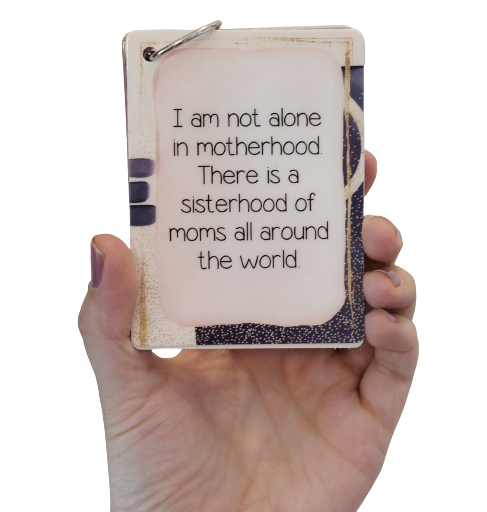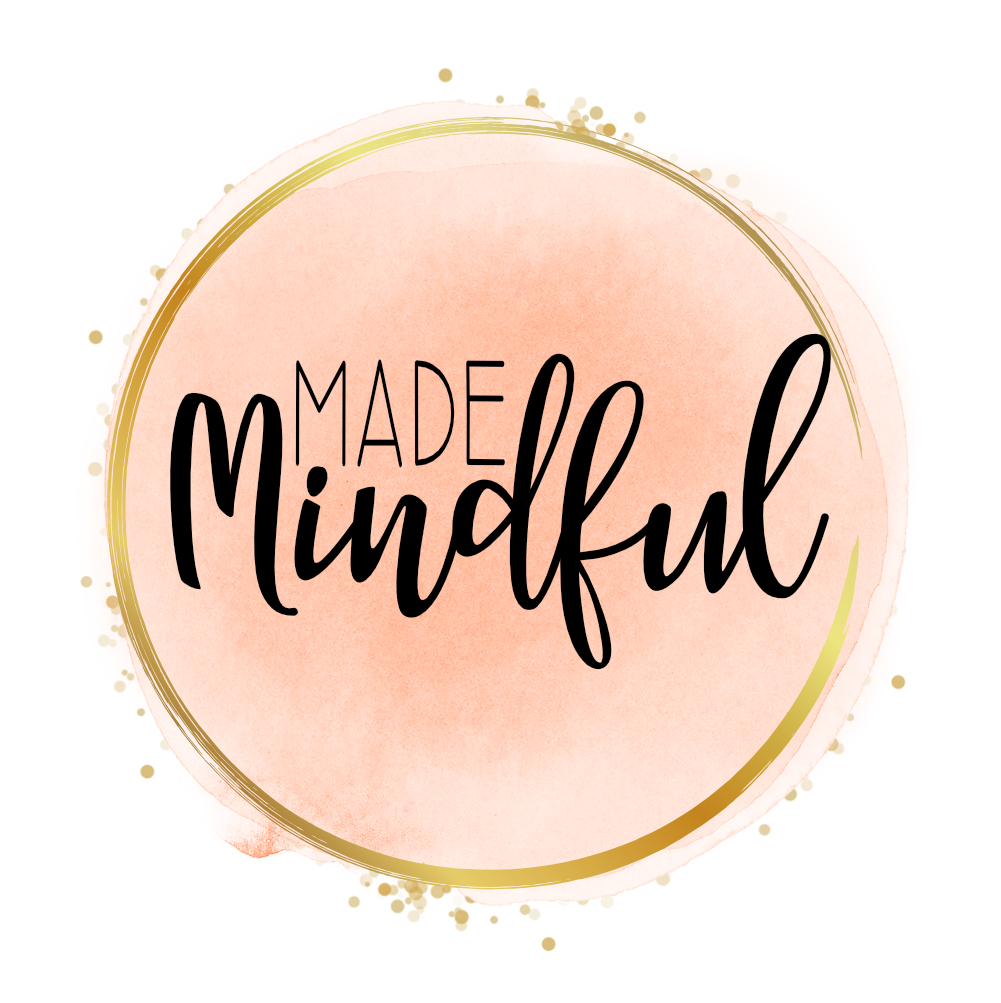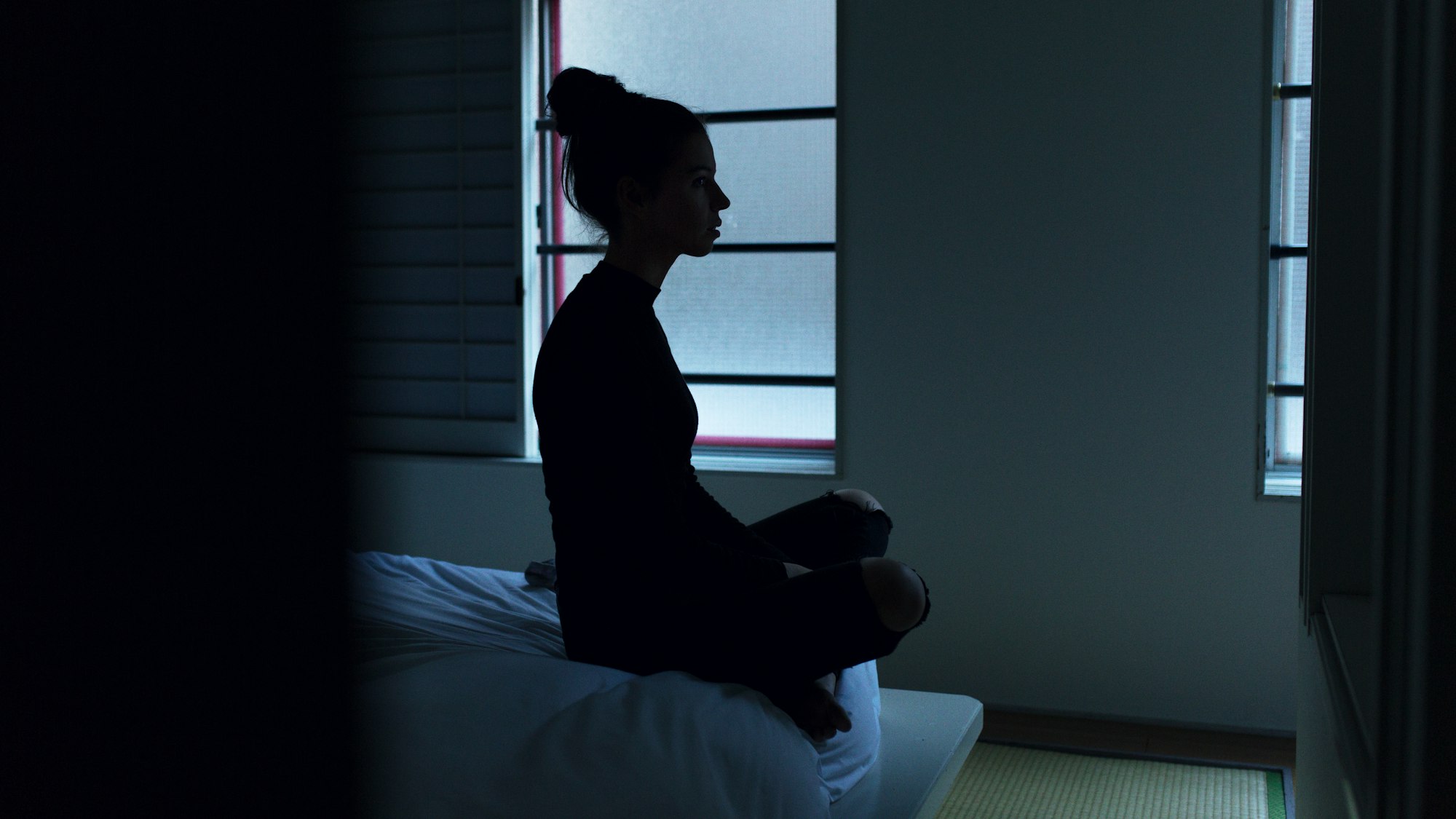Postpartum Depression is a serious condition, and we have given you a head start to resources that will be helpful in your journey.
Your little one has arrived, but so has Postpartum Depression or Anxiety.
If you are like most who experience Postpartum Depression, you don’t know where to start, and are in no state for complicated regimens or excessive choices. Without a plan in place or another individual that can take on the responsibility of looking after your mental health, you need resources, and you needed them yesterday. We've compiled the resources that can help you get the help you need today!
Positive mantras and self talk are valid, but may not be everything needed to overcome your condition.

First - Are you getting good deep sleep when you do sleep? Sleep is essential in balancing your hormones and allowing your brain the time and space to regenerate. If you are not able to sleep, or do not have help with your little one at night, you may want to hire a night time doula, call in favors from friends and family, or maximize your efforts with supplements.
Second - Treatment. Treatment can look like many different solutions, depending on your personality, and how extensive you feel your situation requires. Supplements, medication and therapy are natural places to start.
Ashwagandha is a supplement that lowers your stress and calms the brain. The herb comes from Africa, and is one of many options to assist in high levels of cortisol in the body. Holy Basil is a supplement that has anti-anxiety properties. A good thyroid support supplement can help regulate your hormones as well. Start by having your thyroid checked by your provider, and request for hormone levels to be checked as well, so they are able to offer additional support if you are lacking. Pregnancy and birth often depletes one of the essential balancing chemicals, but it is unlikely that you are evaluated at your 6 week postpartum visit. Studies have also shown that postpartum depression will peak between 6-9 months postpartum, so it is not abnormal to be feeling down even months after your baby has arrived. Add minerals to your daily vitamin intake. For another herbal option, try drinking Red raspberry Leaf Tea. If herbal treatments are not helping to alleviate your moods, anxiety medicine or medicine for depression may be needed. Drink enough water. If you are breastfeeding, your daily intake will likely be around 128 ounces, or 16 glasses of water daily!
Face Zoning is a process in which you tap or highlight areas of your face, using acupressure and massage to release stress and induce relaxation. Ketamine treatments are a newer solution that may have a place for you, if other methods have not been effective. Visit your local chiropractor to receive an adjustment and realignment. Chiropractic care not only affects the skeletal system but the nervous system and the digestive system. Acupuncture and herbal therapy are methods that have been tested over many periods of time.
Third - Therapy is crucial in managing your PostPartum Depression, especially if you have experienced a traumatic birth experience. Counseling can and should be utilized throughout your journey into motherhood. Insurance may offer at least a few visits that are covered, or online options such as Better Help exist to offer immediate and easy support. In addition to a therapist, hire a postpartum doula to attend to your needs and offer support. If you can find a group of friends who will help take care of you, you will find more joy in your motherhood journey.
Fourth - Sunlight exposure through a light or Vitamin D capsules help, even small walks out of the house can help to balance your body.
Fifth - Postpartum support international. Their website has TONS of information. You can call them and they will set you up with your area coordinator who are well equipped to help find you the help you need. They can create a list of therapists in your area that specialize in postpartum mood disorders. They have free peer groups and even a peer mentoring program where they match you up with another mama who has been in your shoes and give you support as you move through this stage of life. Their Facebook group is also wonderful. It can definitely be nerve racking finding help but it is absolutely worth it.
Remember, just like other ailments, this feeling won't last forever. And there is no shame in asking for the help that you deserve to feel your best. A broken arm, or tumor are not aliments that can go untreated, and neither should your postpartum depression. Seek the resources you need and always know that it's the right thing to do to take care of after yourself.
Article by Sarah Ziroll

Sarah’s greatest joy is her family: her husband and boys. In her free time, she loves escaping in a great book, “Sarahnading” on her violin, singing, creating crafts and diy projects, hiking the gorgeous mountains of Utah and skiing. Sarah is a Birth Coach and Certified Birth Doula. She’s had 3 amazing births and is passionate to help you achieve the birth of your dreams.
To access Birth Made Mindful's Course on Postpartum Depression visit us online!
Just like we remind our little one's, dream big is a phrase to display from your home or office! Visit Birth Made Mindful on Etsy for additional feel good quotes.

This post contains affiliate links. At no cost to you, we may be paid if you click on a link and complete a purchase.


